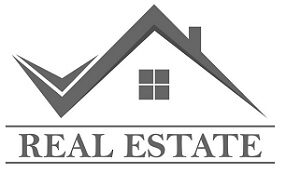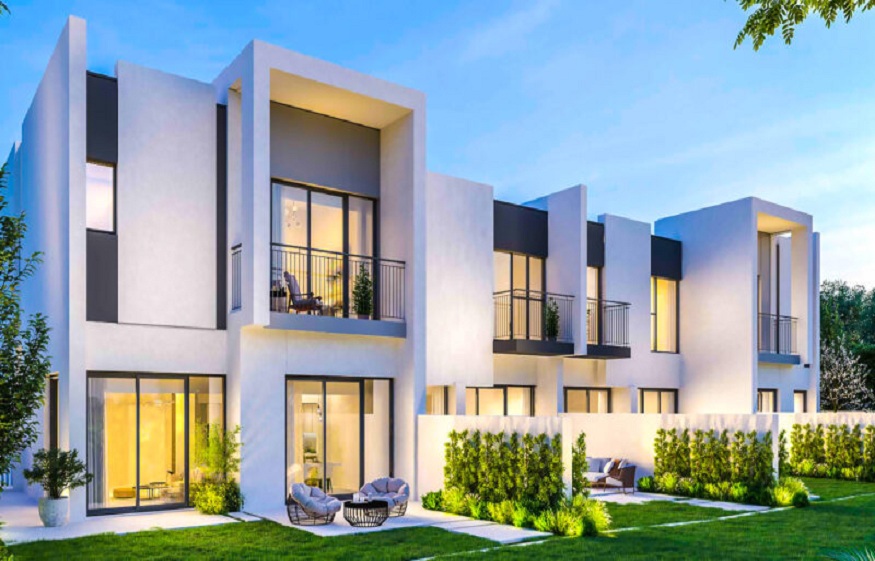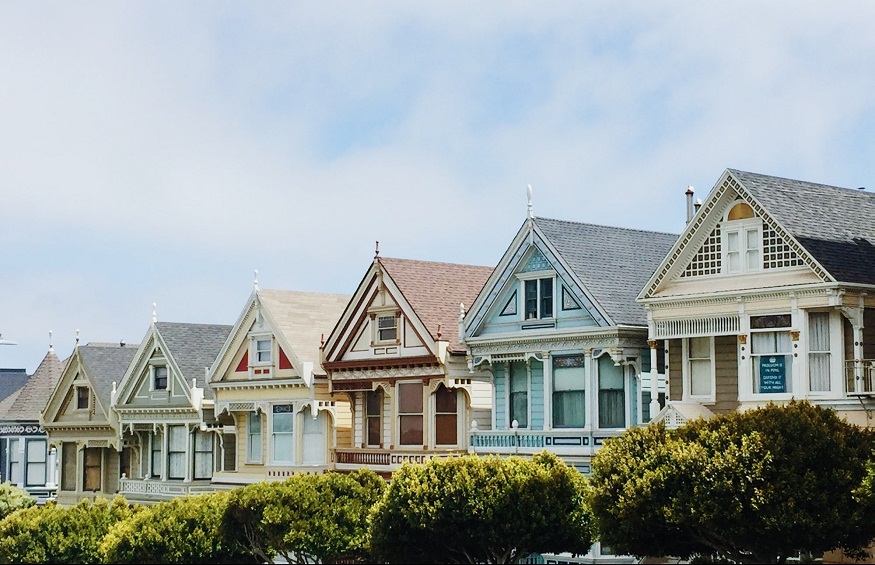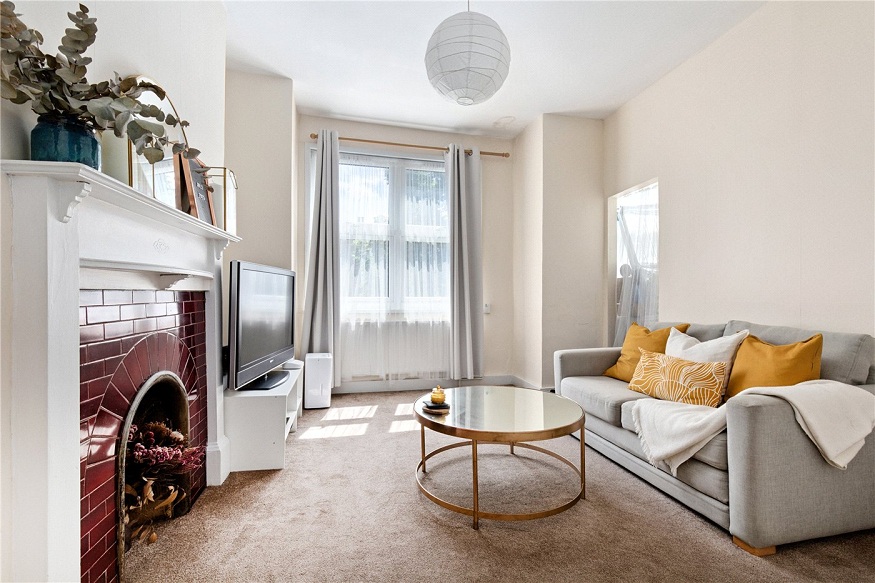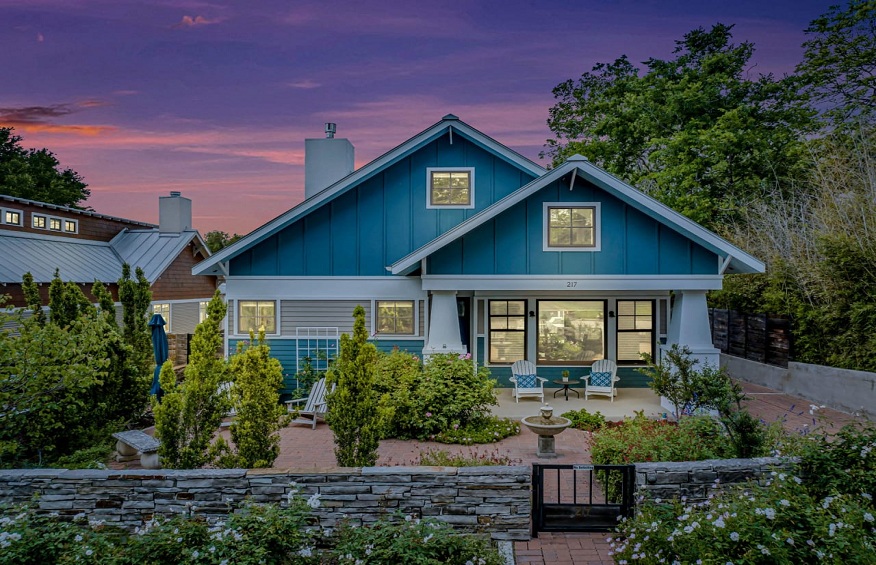Dubai is renowned for its futuristic vision, cutting-edge architecture, and innovative real estate developments. As technology advances, the city is rapidly integrating smart home solutions into off-plan projects, redefining the way residents experience modern living. The concept of smart homes is no longer a luxury but an essential component of Dubai’s real estate landscape.
In this blog, we explore how smart home technology is shaping the future of new off-plan projects in Dubai, the benefits it offers to residents and investors, and what we can expect in the coming years.
What Are Smart Homes?
Smart homes are residences equipped with interconnected devices and systems that allow homeowners to control lighting, security, climate, and appliances remotely. These systems use artificial intelligence (AI), the Internet of Things (IoT), and automation to enhance convenience, security, and energy efficiency.
In Dubai’s off-plan real estate market, developers are incorporating smart home technologies to meet the growing demand for tech-enabled living spaces. From AI-powered assistants to advanced security features, smart homes are setting a new benchmark for modern urban living.
Why Smart Homes Are Becoming Essential in Dubai’s Off-Plan Projects
1. Increased Demand for High-Tech Living
Dubai attracts a global population, including high-net-worth individuals, entrepreneurs, and tech-savvy professionals. These buyers expect high-end, connected homes that offer seamless automation and advanced security features.
Off-plan projects are now integrating smart technologies from the design phase, ensuring that new homes are future-proof and aligned with modern expectations.
2. Enhanced Security and Safety
One of the biggest advantages of smart homes is their ability to provide superior security. Dubai’s off-plan projects now feature:
- AI-powered surveillance cameras that can detect unusual activity and send alerts.
- Smart locks and biometric access control for enhanced safety.
- Integrated security systems that allow homeowners to monitor their properties remotely via mobile apps.
These features make smart homes particularly attractive for investors and expatriates who may spend long periods away from their residences.
3. Energy Efficiency and Sustainability
Dubai has ambitious sustainability goals, and smart homes contribute significantly to energy conservation. Advanced systems allow homeowners to:
- Monitor and optimize energy usage using smart meters.
- Control lighting and air conditioning remotely, reducing unnecessary power consumption.
- Use solar panels and energy-efficient appliances to lower utility bills.
With Dubai’s climate, where air conditioning is a major energy consumer, smart climate control solutions are especially beneficial.
4. Convenience and Comfort
Smart homes offer unparalleled convenience through features such as:
- Voice-controlled assistants (e.g., Alexa, Google Home) for managing home automation.
- Automated lighting and shading that adjust based on the time of day.
- Smart refrigerators, ovens, and appliances that enhance kitchen efficiency.
These features not only improve daily living but also increase the value of properties in the long term.
Key Smart Home Features in Dubai’s Off-Plan Projects
1. Home Automation Systems
Developers are integrating centralized home automation systems that allow residents to control various aspects of their homes through a single interface. This includes:
- Smart lighting control
- Automated window blinds
- Temperature regulation
- Home entertainment systems
2. AI and IoT Integration
Artificial Intelligence (AI) and the Internet of Things (IoT) are playing a significant role in modernizing smart homes. IoT devices can communicate with each other, creating a seamless and interconnected living experience. AI-driven predictive analytics can also help optimize energy usage and security.
3. Smart Kitchens and Appliances
Kitchens in Dubai’s off-plan projects are being transformed with:
- Smart refrigerators that track expiration dates and suggest recipes.
- Voice-controlled ovens and coffee makers for convenience.
- Automated dishwashers that adjust water usage based on the load.
4. Smart Parking and EV Charging
With the rise of electric vehicles (EVs), off-plan developments are incorporating smart parking solutions, including:
- Automated parking systems that optimize space.
- EV charging stations integrated within residential complexes.
5. Intelligent Waste Management
Dubai’s smart home developments are also adopting sustainable waste management systems, such as:
- Automated waste disposal units that sort recyclables.
- Smart garbage bins that notify residents when they need to be emptied.
The Impact of Smart Homes on Property Value and Investment
1. Increased Property Demand
Buyers and tenants are willing to pay a premium for smart homes due to their convenience and energy efficiency. As a result, developers are using smart technology as a key selling point.
2. Higher Rental Yields
Smart homes command higher rental prices as they appeal to tech-savvy tenants, particularly expatriates and corporate professionals. This makes them an attractive investment for landlords.
3. Future-Proof Investments
With rapid technological advancements, homes with smart features are less likely to become obsolete. Investing in a smart home ensures long-term value and relevance in Dubai’s competitive real estate market.
Challenges and Considerations
Despite the many advantages, integrating smart home technology in off-plan projects comes with challenges:
1. High Initial Costs
While smart home technology can lead to cost savings in the long run, the initial installation costs can be high. Developers must strike a balance between affordability and premium features.
2. Cybersecurity Concerns
As homes become more connected, the risk of cyber threats increases. Developers need to invest in robust cybersecurity measures to protect residents’ data and privacy.
3. Compatibility Issues
Some smart home devices and systems may not be compatible with each other. Ensuring seamless integration is a key consideration for developers and homeowners.
What to Expect in the Future?
Dubai’s smart home industry is poised for rapid growth, with several trends shaping the future:
1. AI-Driven Predictive Living
AI will play a bigger role in analyzing residents’ habits and making automated adjustments to lighting, temperature, and energy use.
2. Blockchain-Based Smart Contracts
Real estate transactions may soon incorporate blockchain technology, allowing for secure and transparent property deals.
3. 5G-Enabled Smart Homes
The rollout of 5G will enhance the connectivity of smart home devices, making them faster and more reliable.
4. Biometric and Facial Recognition Access
Future smart homes will eliminate traditional keys and rely on biometric scanning for seamless and secure access.
Conclusion
Smart homes are redefining the real estate landscape in Dubai’s off-plan projects, offering unparalleled convenience, security, and energy efficiency. As developers continue to integrate cutting-edge technology, future homeowners can expect an even more connected and intelligent living experience.
For investors, smart homes represent a lucrative opportunity, as demand for high-tech living spaces continues to grow. While challenges such as cybersecurity and initial costs remain, the benefits far outweigh the drawbacks, making smart homes a key feature of Dubai’s real estate future.
If you’re considering investing in an off-plan project in Dubai, looking for one with smart home integration will ensure your property remains valuable and relevant in the years to come.
